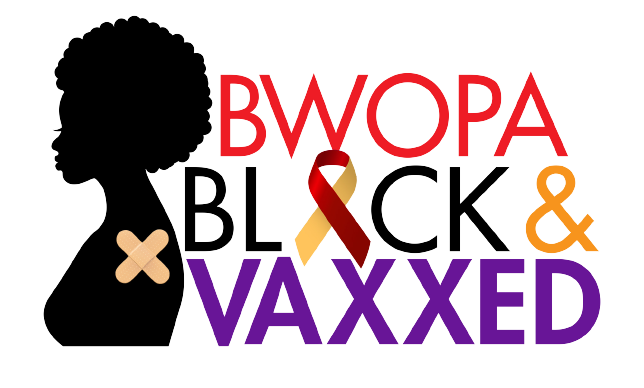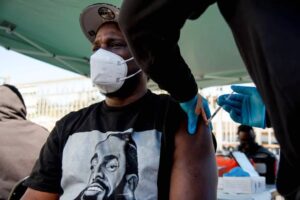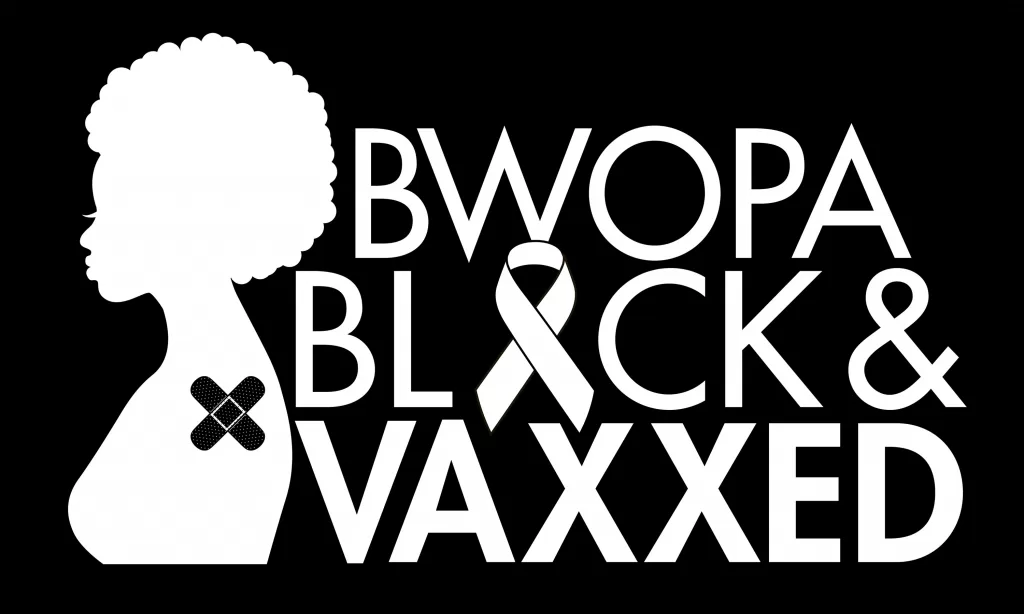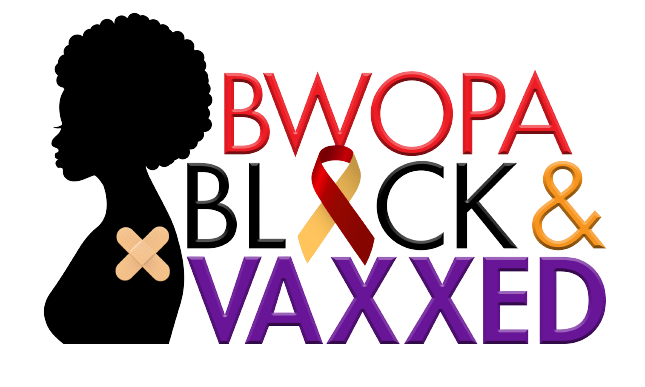One group of Americans is particularly resistant to getting a Covid-19 vaccine: Women. In an early March poll conducted by the Pew Research Center, 66 percent of women said they planned to get a vaccine or had already had at least one dose, compared to 72 percent of men. Sixty-six percent is a majority, to be sure, but it falls far below the 75-80 percent target often cited by health researchers as the threshold for herd immunity.
It might come as a surprise that women, who have been earning most college degrees since the 1980s and who are more liberal on most issues than men, would be particularly hesitant to be vaccinated. (Republican men are still the most vaccine-averse group when considering party affiliation and gender, followed by Republican women and then Democratic women.) But anti-vaxxer communities have long been associated with women, particularly parents who fear vaccines might trigger side effects in their children. Studies have shown that women make up the “vast majority” of online anti-vaxxers.
The infertility myth: When it comes to Covid-19, misinformation that the vaccines cause infertility has been a key driver of vaccine hesitancy among women. This theory gained traction late last year when a group published a petition to a German website, speculating without evidence that the Covid-19 vaccines then in development could affect infertility. One of the authors of the petition was a former vice president of Pfizer, which lent the petition credibility, especially in anti-vaxx circles. Despite medical experts’ widespread debunking of this myth, a Kaiser Family Foundation poll from January showed that 12 percent of those polled who were unvaccinated had heard it.
The myth is a potent one. “Talking about someone’s fertility is particularly alarming,” said Amelia Jamison, a qualitative researcher and doctoral student at Johns Hopkins University who has studied the spread of anti-vaccination messaging online.
According to Jamison, two different kinds of infertility messaging around vaccines have been common on social media and other information channels, patterns that predated the pandemic but apply to Covid-19 vaccine misinformation. There are the conspiracy theories about how vaccines are part of a population control plan, and then there “is more subtle stuff that’s inside the anti-vaccine community, like an article talking about possible impacts on a woman’s fertility stemming from the HPV vaccine, or that women who get flu shots are more likely to miscarry.” The first, Jamison said, are more outrageous and clickbait-y. The second kind of misinformation, though, is more insidious: It can often draw on real research, even if it misinterprets results or overlooks evidence.
Jamison and her colleagues were struck by how fast anti-vaxxers adapted their messaging to Covid-19. They “didn’t even need evidence, because they were just revamping the narrative they’ve used in the past to fit the newer evidence as it emerges,” she said. In a way, the pandemic created the ideal opening for this playbook that had already been perfected in recent decades. “In that space where people are uncertain, I think this kind of certainty is appealing.”
Covid-19 has also revealed that this heavily female group is more diverse, more powerful and perhaps harder to understand than people thought before Covid-19. Pre-pandemic, “many people thought anti-vaxxers were this sort of laughable group,” she says. “And now we’re seeing that it’s much broader and it can have a much bigger impact.”






